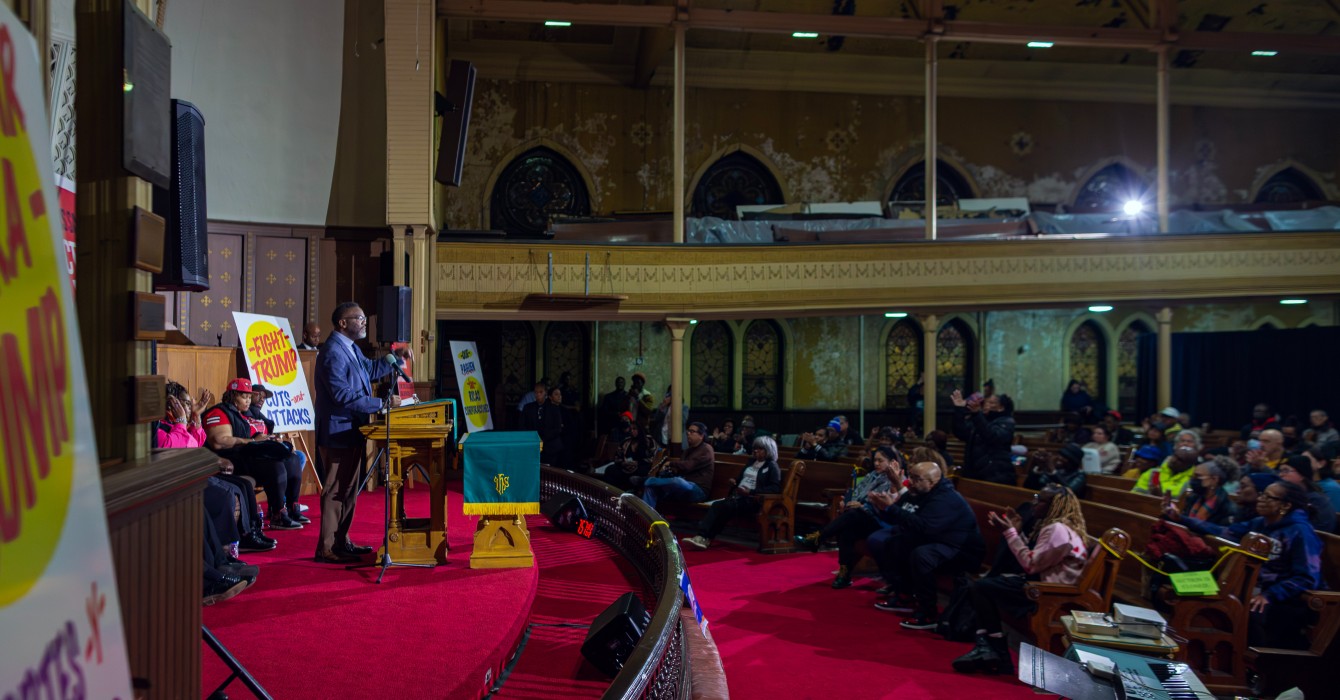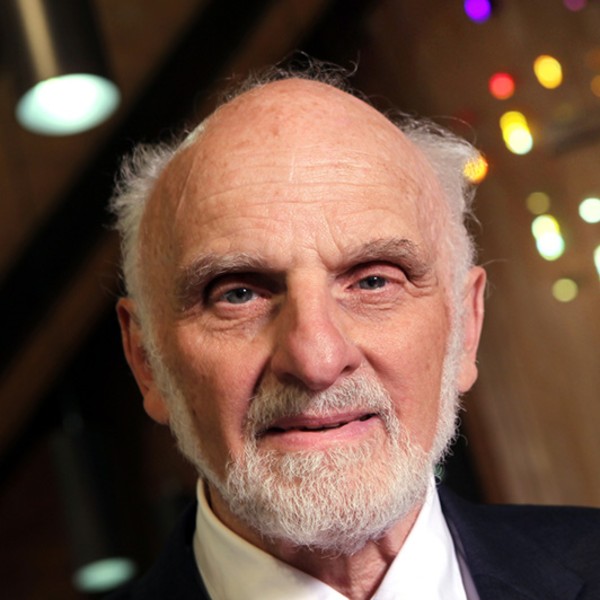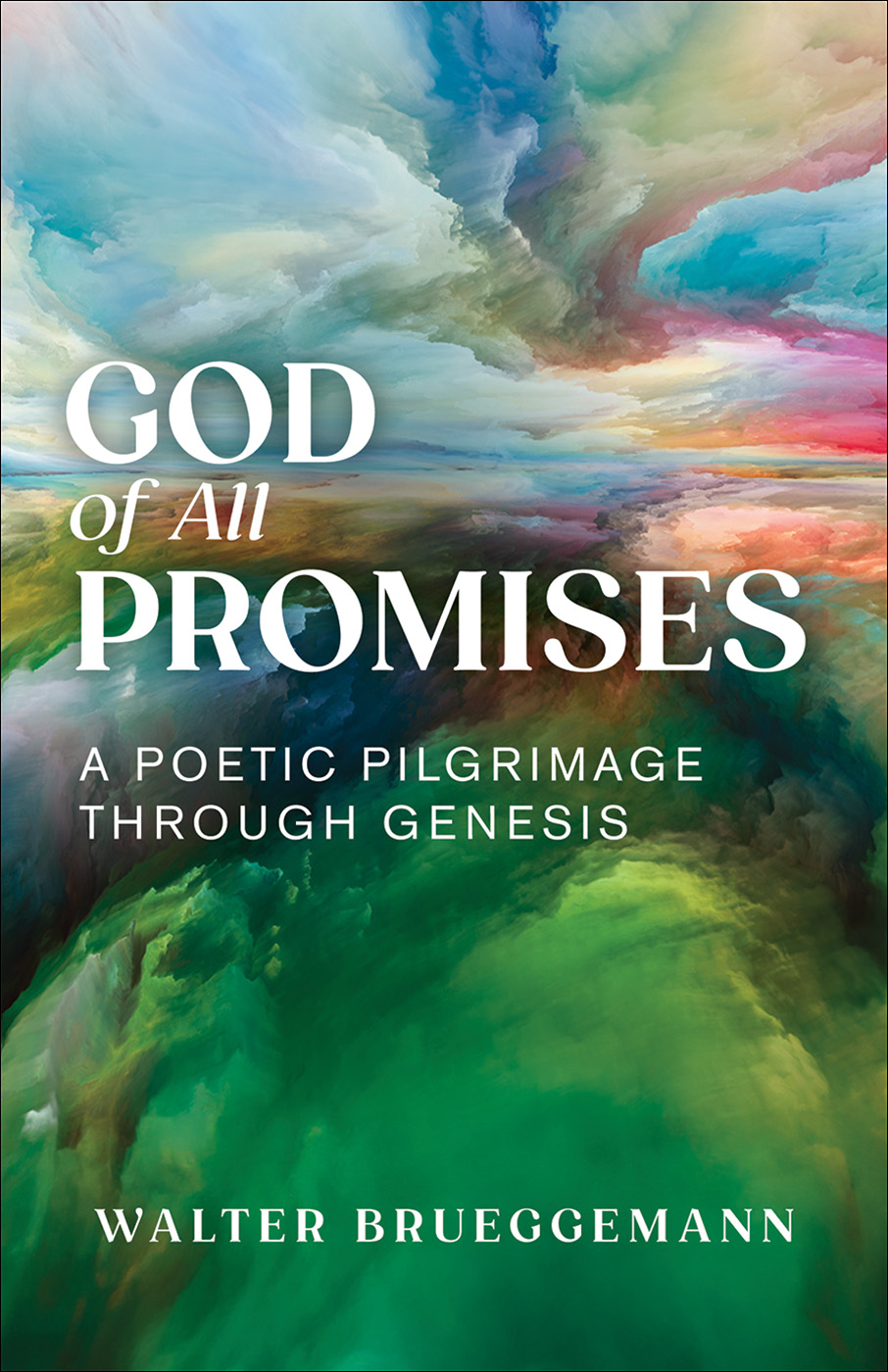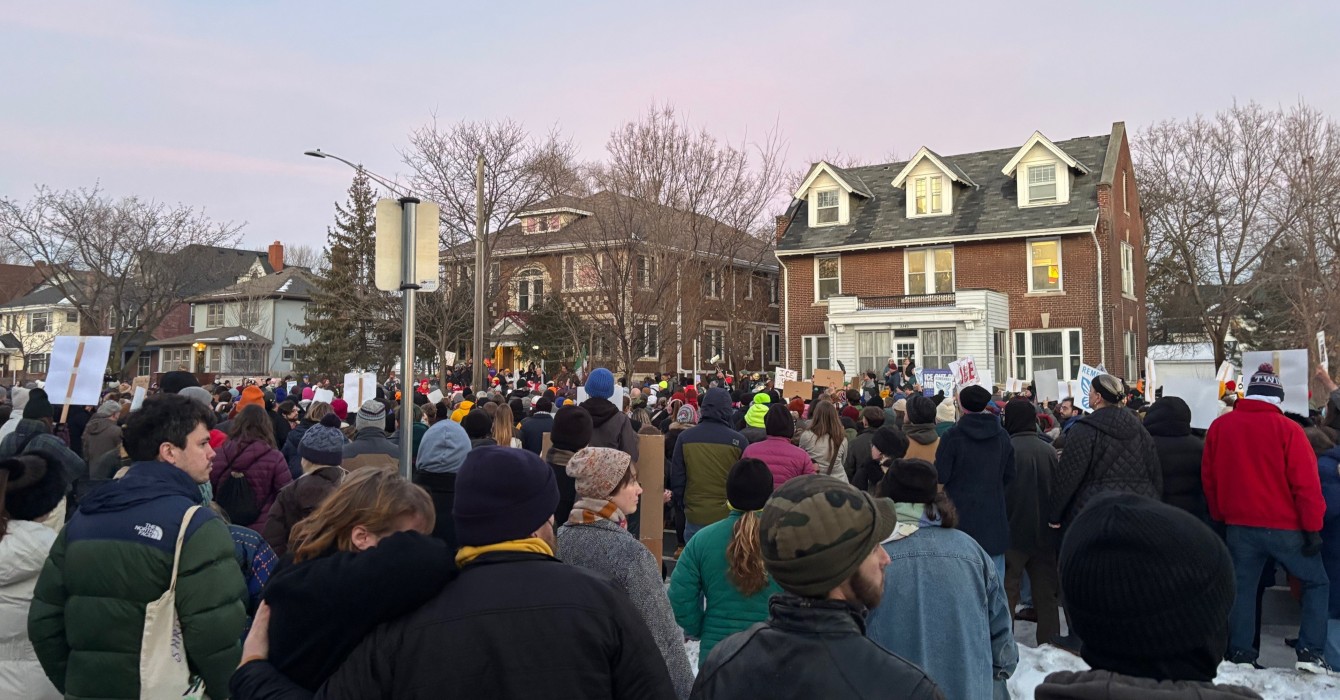 As pastor of Embrace Church in Sioux Falls, South Dakota, the Rev. Adam Weber is often approached by people asking for advice about prayer. Their question is often the same: “I don’t know how to pray; what do I do?”
As pastor of Embrace Church in Sioux Falls, South Dakota, the Rev. Adam Weber is often approached by people asking for advice about prayer. Their question is often the same: “I don’t know how to pray; what do I do?”
“I hear that exact thing time and time again -- from people who grew up in the church and those who didn’t,” Weber said.
But as much as humans love to complicate things, prayer is actually simple, he said. It’s just talking to God.
“If someone says, ‘I don’t know how to pray; what should I do?’ I always have two things that I come back to. First, whatever is inside of you, just say it.”
“And second, instead of just saying it to yourself, say it to the Lord.”

Weber offers practical advice about prayer in his new book, “Talking with God: What to Say When You Don’t Know How to Pray.” In recent years, his church, Embrace, has been the only United Methodist Church in the top 50 of Outreach magazine’s list of the 100 fastest-growing churches in the country. In 2016, the church’s fourth year in a row on the list, it was ranked 28th.
Embrace was launched in 2006 and now has more than 4,000 members, meeting at five campuses and online. Weber has a B.A. from Augustana University, Sioux Falls, South Dakota, and an M.Div. from Asbury Seminary, Wilmore, Kentucky.
He spoke recently with Faith & Leadership about Embrace and his new book on prayer. The following is an edited transcript.
Q: Tell us about your church, Embrace Church.
Embrace is a church that I never planned or even wanted to start, which is kind of crazy. I always thought I would be in a more typical placement. But a pastor here in Sioux Falls reached out to me about starting Embrace. I told him I didn’t think it was a good idea, but he encouraged me with what every pastor says to make a person feel guilty: “Why don’t you pray about it?”
The first night we had 32 people. I was disappointed because I didn’t want anybody to come, hoping the dream would fall apart, but the other pastor was thrilled. I was going into my last year of seminary, 1,000 miles away, and he said his church would pay to fly me back once a month and have worship services. I didn’t have the courage to tell him no.
So we started once-a-month worship. My wife and I moved back here in 2007, and in 2008, we went to weekly services. After three years, we had 100 people in worship and weren’t growing, and we thought about closing.
But we went to morning services in September 2009, and we doubled in size. That’s when our growth began.
The church is imperfect in every way, but I never thought I could love a church as much as I love Embrace. If you’re looking for our vision statement, it’s “Reach one more person for Jesus” -- tell them about the hope and joy and kindness and love found in the Lord. It’s really a commitment to do anything it takes to tell that one more person.
We don’t take ourselves too seriously, but we take the Lord very seriously. I’m not afraid to laugh and share from the heart and be raw and real. One of my favorite things is that I don’t have to preach from a place of having everything figured out. Instead, I can share my brokenness and doubts and questions and point us to the one who has everything figured out, is all-knowing.
We now have five physical campuses and an online campus. Most of our campuses are here in the Sioux Falls area, but we also have a campus up in Minneapolis.
Q: To what extent does your book, “Talking with God,” grow out of your ministry at Embrace?
Throughout the book, I share about Embrace and our story, but it really came out of my own need and desire for prayer and being able to talk with the Lord. I remember as a junior in high school going to youth group one night when the youth pastor talked about prayer. And he said, “When talking with God, there are different ways to pray.”
For me, prayer was reciting the same words and just going through the motions. That’s all I’d ever known. But he said, “When talking with God.” Driving home that night, I remember thinking, “We can talk with God? What? Like, really?”
And fast-forward to today. I’ve never needed prayer more. I’m sure the same will be true tomorrow.
When I’m restless, I’m so grateful that I can just say that -- “God, I’m restless; I need your peace that I’ve heard surpasses all understanding.”
When I’m broken, I’m so grateful that I can speak the words and say, “Lord, I’m broken, but I’ve heard that you’re able to take the broken pieces of our lives and put them back together.”
“God, I’m excited; I’m so grateful for all your blessings that you’ve given me.”
And then the very next thought I always have is that I can’t imagine going through life and feeling these feelings and not knowing that I can say them to God. So I guess my hope for the book is that it would encourage someone who doesn’t really know how to pray.
One of the main questions I get asked as a pastor is, “I don’t know how to pray; what do I do?”
In this area of the country, most people grew up in church, but even last week a business owner in town texted me and said, “I have no idea how to pray; this book is for me. I can’t wait to read it.”
I hear that exact thing time and time again -- from people who grew up in the church and those who didn’t.
Humans love to make things complex. We take something simple and we make it complex, just for complexity’s sake. Prayer’s one of those things where as soon as you hit a certain age, you feel foolish for asking about it, because everybody knows how to pray, right?
We throw “praying” around a lot. You know, a tragedy will happen and, “We’re praying for you.”
Q: “Our thoughts and prayers are with you.”
“Thoughts and prayers are with you.”
So obviously, everybody else knows how to pray, right? It’s almost like an acquaintance that you’ve hung out with time and again. After a certain point, it’s too late to ask what the person’s name is without its being awkward.
I feel like that’s what it is with prayer. It’s like, “I have no idea, but I can’t ask the question, because I’m an adult.”
Q: The book’s website says, “Prayer seems like it should be so simple. Yet, when it comes to actually praying, often it feels awkward and complicated.” Why is that?
I know in my own life, I’ve never heard the audible voice of God. It’s awkward to say words and then not hear words back.
There’s that initial uncertainty. And also, I don’t think the conversational aspect of prayer is something that many people have experienced.
If someone says, “I don’t know how to pray; what should I do?” I always have two things that I come back to. First, whatever is inside of you, just say it. Whatever you feel inside of you, just say it.
It’s so cool. We’re told basically that God’s able to understand us before we even speak. Psalm 139: “Before a word is on my tongue, O Lord, you know it completely.”
And second, instead of just saying it to yourself, say it to the Lord.
“God, I’m restless, but would you give me your peace?”
“Lord, I’m scared for my marriage; would you give me the courage to reach out for help?”
“Lord, I feel like I’m failing as a parent; would you just reassure me and encourage me that I’m doing well?”
Q: What else do you recommend?
Don’t edit your words. Just say it. Close friends never doll up their words before saying them.
Obviously, you shouldn’t say foolish things to anybody, but I’m able to speak from my heart with close friends and not worry about it. The same is true with God. Look at David. He did not think through a lot of his words. He just spoke from the heart with people, and the same thing with God.
We have so much we can learn from kids about prayer. My kids never talk in a different voice or use fancy words when they’re praying.
They say what is on their hearts. So often in our prayer life, we say what we think we should say instead of what’s actually on our hearts.
Q: What’s the significance of prayer for Christian leadership?
It’s critical. Jesus says, basically, “Apart from me, you can do nothing.” So Christian leaders, apart from him, can do nothing.
“So if apart from you, God, I can do nothing, then I don’t want to do anything apart from you. I want to stay connected to you. So God, would you just give me the strength today to see every opportunity that you want me to see? God, would you just be with me -- because I’m not always the friendliest with co-workers and strangers? And God, I want to be used by you, and so I need your kindness. God, I just need your wisdom.”
On a practical level, prayer is important for leaders seeking God’s guidance. I share in the book about going through a season of burnout. If you’re doing anything substantial for the kingdom, it’s hard work.
I never would consider myself a prideful person, because I struggle with insecurity, but it took going through a season of burnout to realize that I’m a very self-sufficient person. I don’t have really any talent except the ability to work hard, and that season of burnout highlighted to me the Lord just basically saying, “Hey, Adam, you’ve been doing this church thing really well, completely on your own, and anytime you’ve come up against an obstacle or a trial or uncertainty, you’ve never asked for my help. Instead, you just put your head down and you just work harder.”
But going through that season, I realized that I’m not invincible. I’m not a robot. I’m a person with a soul who’s needy for Jesus in my life. Through prayer, Christian leaders connect ourselves to the one who is all-powerful. As leaders, we are fully dependent on him. We’re fully dependent on Christ for wisdom, insight, strength, kindness, joy.
Q: What do you tell people when their prayers are not answered or are met only with silence? What do you do then?
The focus of the book is what to say, just putting words to things in different situations. At the very end, I added two pages, and it says, “Until next time.”
Basically, it says, “Heads up -- when you speak to God, expect him to respond. Make sure you give him time to speak back. You need to be still and quiet and listen. Don’t just talk. Listen.”
Really, the heartbeat of this book is the speaking end of prayer. However, in one chapter I look at the story in Mark where Jesus is asleep on a cushion and a furious storm comes up and the boat is almost swamped -- and they wake Jesus, and Jesus says, “Why are you so afraid?”
So in those moments, what happens when we cry out to God and it feels like he’s sleeping?
The past seven years, my dad has had physical pain that has completely altered his life. He lays in bed from pain most of the day. I’ve never more faithfully prayed for someone to be healed than my dad.
And yet one of the first things my dad will talk about is the goodness of God and the joy of the Lord. So what do we do with that? It would be easy to give trite answers, but ultimately, Jesus wasn’t sleeping because he didn’t care.
Jesus was sleeping because he had complete faith and trust in God in the midst of the storm. He was at peace. He’s like, “My heavenly Father is so good. He’s in control of it all; I don’t need to be concerned about this storm.”
So in the midst of those seasons where God is silent and maybe God appears to be sleeping, trust that he is good and his love endures forever. There’s a reason David kept saying that over and over, just trusting in God’s goodness and God’s faithfulness.
I look back at my life, and there are so many things that I ask why about. Why did this happen? Why did that happen? Why this? Why that?
I think everybody has that, and yet when I look back -- and this may seem to contradict what I just said -- God’s track record in my life is perfect. Even though things haven’t happened as I had hoped and wanted them to, there’s so much I don’t understand.
I look back and I’m like, “God, your track record is perfect. Yes, God, I can trust you. I just need to trust you more, Lord -- that you’re in control, and you’re good, and even the times that you’re still and silent, you’re still at work.”
Q: What do you pray for as a pastor of Embrace Church?
A couple of things.
First, “God, would your name be made great” is something that I often pray for our church. “Would your name -- not the name of Embrace -- be made great.”
Second, “Lord, would we become more like you individually and as a church. We don’t want to just bring a crowd of people here; we want to be changed. We want to be made more like you, and we want to be used to change the world. Right where we are, wherever we are, we’re change agents. Each of us -- we’re ambassadors of Christ.”
I often feel like churches are lifeboats, and we throw out life jackets to people that are struggling to tread water. We get to toss out life jackets to people.
Q: Anything else?
A prayer that I would encourage pastors, leaders, followers of Jesus to say is, “God, how do you want to use me today?” That’s one of the coolest prayers we can pray. There’s so much joy in that, because it takes the focus off of ourselves, and many times that’s what prayer is.
It’s so cool when we pray that prayer. Whatever we do for a living, it’s amazing how God can use us, and all of a sudden, following Jesus becomes an adventure, where it’s like, “I want to know who I’m going to cross paths with today, who I’m going to get to meet and encourage. I just wonder who I’m going to connect with today that I can maybe help somehow.”



















